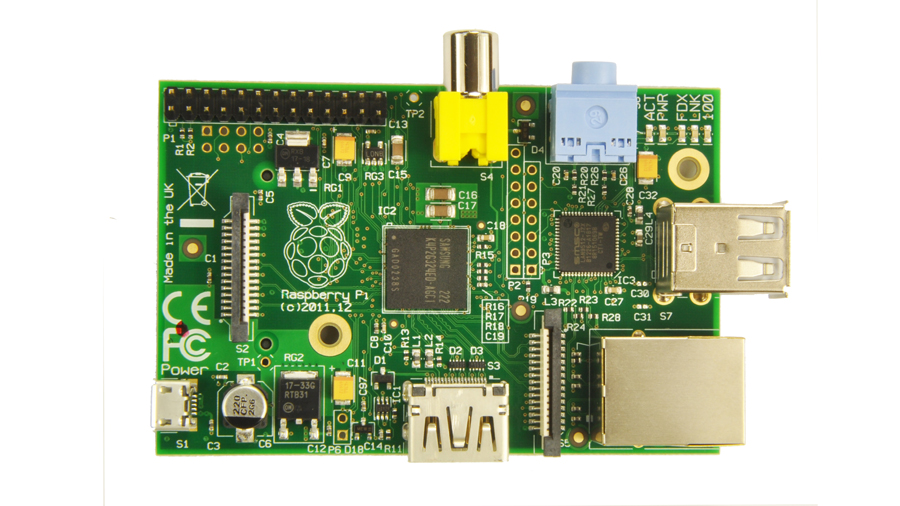Why you can trust TechRadar
How you go on to use the Raspberry Pi is up to you. Thanks to the use of Debian, you can install exactly the same software you can with any other Linux distribution. If you want to access the GPIO pins, there's a command line utility and several APIs for accessing the functionality from other languages.
But as the Raspberry Pi is now firmly in the domain of the hackers, new solutions are appearing daily, including GPIO control through a web interface and countless other projects using the Pi at their heart. Programming is easily catered for by installing anything from Python to the recently announced TinyBASIC, if you're after that authentic 80s experience.
We liked
The Raspberry Pi now has a thriving online community and the constantly expanding wiki provides all the information a beginner needs to know, although it could benefit from being condensed into a simple guide for beginners.
The new devices are even built at Sony's manufacturing facility in Pencoed, Wales, and the team has set an important precedent by working with Broadcom to release parts of the VideoCore interface under the terms of an open source licence.
We disliked
The Raspberry Pi does have its problems. The CPU is old technology, and it's not as quick as some of its competitors. The lack of a case could limit its application, although there are third-party cases available.
And if you're new to Linux, there's also a steep learning curve to tackle, as you'll have to successfully write an image to a memory card, update packages and use the command line before you even get to a graphical environment. But this is all part of the challenge, and making things easier might limit the device's flexibility
Final verdict
This flexibility is wonderful, but it doesn't mean anything without the accompanying low cost. By pricing the Raspberry Pi so cheaply, its creators have gifted a new generation the ability to experiment without the fear of destroying either valuable equipment or ambition.
And this is the key to the Pi's success. It wipes away the decades of stuffy formality that has traditionally surrounded computer science, replacing it with a world of seemingly infinite possibilities. Admit it, even you've got an idea for something to try on the Raspberry Pi, and that's why it has been, and will continue to be, such a success.
